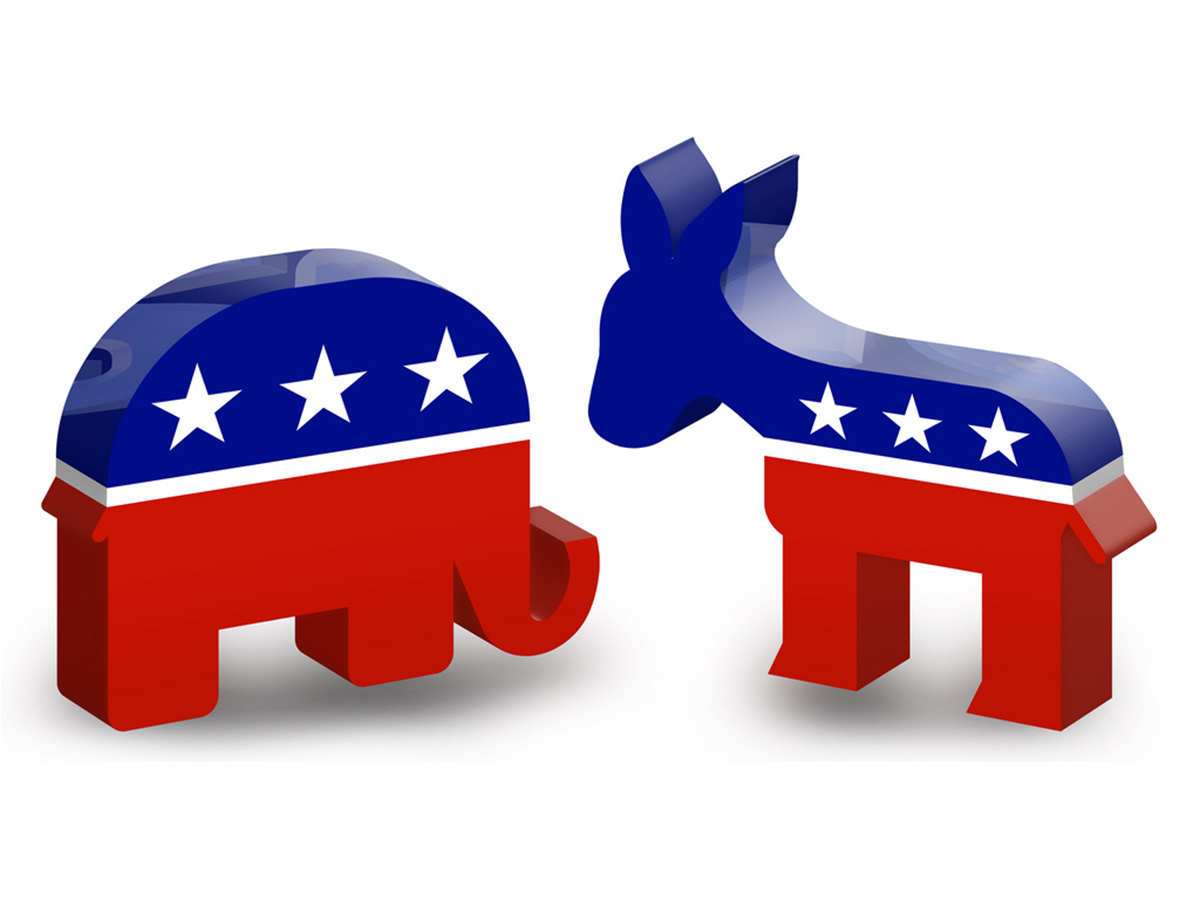
Now that campaigning for the 2016 presidential nominations is well under way, recent reports are suggesting that more viewers are tuning in and following the developments in the 2016 presidential campaign. Given the low voter turnout in the previous elections, specifically the dismal turnout for the last midterm elections, many pundits are scratching their heads wondering why this election cycle is reaching more viewers. Of course, the obvious answer has been: it’s Donald Trump! This suggests that the public has been tuning in solely to see the Republican hopeful’s latest antics. However, this idea that the carnival of American politics is the reason for this larger public reach undermines the fact that the nation is genuinely worried about the future of the country. Despite how much noise Trump is making, the reality is that he is a minor reason for why more Americans are following this election cycle. The reality is that people are tuning in because of the grassroots populism of the candidates who are running. Populism, which is a political philosophy rooted in giving power back to the people from the corrupted elite, has been the main current underlying this election cycle.
In 2013, there was a government shutdown, spearheaded by House Republicans. In the midterm elections that following year, Republicans gained the majority in both houses of Congress and won over state legislatures and gubernatorial campaigns. This was a margin of victory that the Republican Party had not seen since the tail end of the Great Depression. On the other side, the Democrat presidency, under Obama, has faced many challenges in passing legislation. The past 16 years of the new millennium have been incredibly tortuous for the American public, with both parties trading power for four election cycles: the War on Terror is still raging in the Middle East, the economy still has not recovered from the recession of 2008 and there is a lot of controversy over recent government actions, such as CIA rendition and mass surveillance. In many ways, this disillusionment has resulted in a larger number of people paying attention to the issues, sifting through the media in order to see which candidates they can genuinely support.
Some could claim that Trump has been a polarizing celebrity for a long time, and that public interest in the election cycle is peaking at the same time as his campaign cannot be coincidental. All his comments turn into memes, and he generates most of the headlines. It’s easy, given the media coverage, to suggest that he is the reason people are paying more attention to this election cycle. However, this notion underestimates how normal this carnival reading of political discourse is: at this point in the previous election cycle, the frontrunners were Herman Cain and Michelle Bachmann (for those of you who may not remember these two candidates, let’s suffice to say that Herman Cain once felt the need to quote from Pokemon to illustrate his opinions).
In many ways, the political discourse is quite fractured — partisanship is unsustainable, and both the Republican and Democratic parties have had challenges within their voter bases. The Republican Party has splintered into two different factions, with House Republicans who have a strong Tea Party bend, and traditional Goldwater Libertarians. While the division within the ranks among the Democratic Party have been much less visible, there has been tension between further left progressives, and many of Obama’s policies. Many Democrat left progressives are disillusioned by the revelations of domestic surveillance, and his usage of targeted killing with drone strikes. The populism that has been taking over politics shows a strong preference for people who are, or may seem to be outsiders in the current political domain. For example, Bernie Sanders’ populist approach is predicated on using a grass roots campaign to gain support from many different voter bases, such as students, laborers and minorities.
The result of these divisions is a hodge podge where no clear front candidate is visible. This election will, in my mind, be huge for setting the pace of how the nation deals with the biggest issues of our day, given that partisan politics have not worked for 16 years now. Global climate change is slowly becoming irreversible, the American economy still has not bounced back while other countries such as Brazil, India and China are rapidly expanding. The consequences of this election, and I say this while understanding how obvious it may seem, will be definitive in shaping the direction that we as a nation will follow. The American public understands this, and is tuning in for this same reason. Trump is coincidentally running in an important election, but let’s not overstate his importance.








